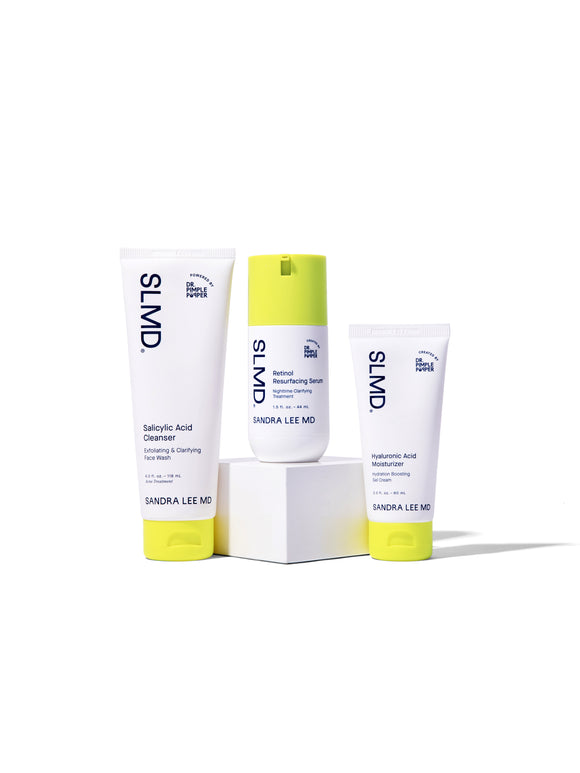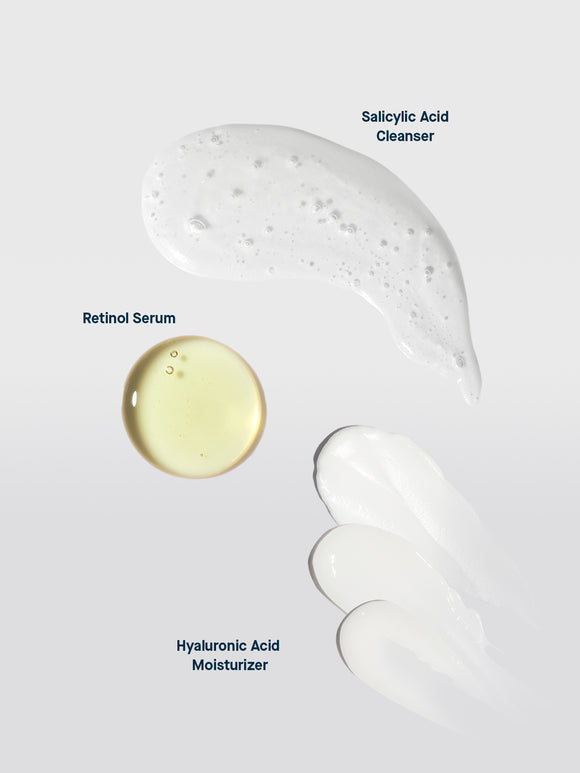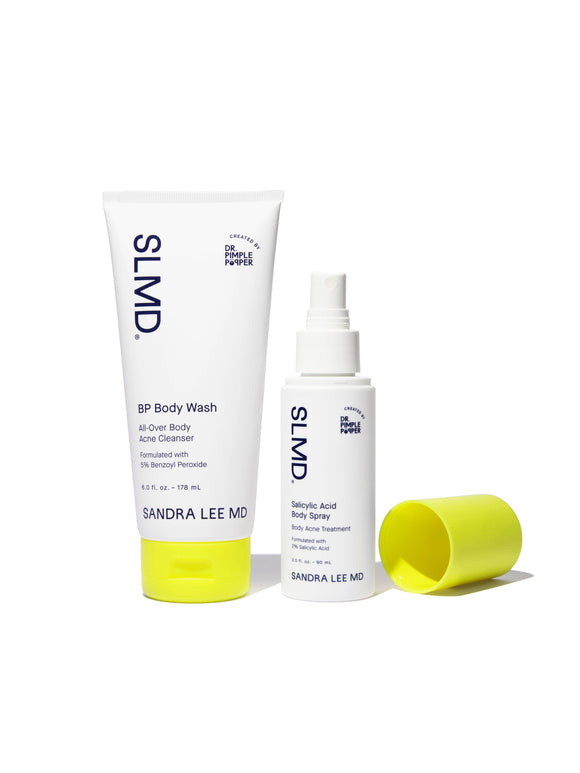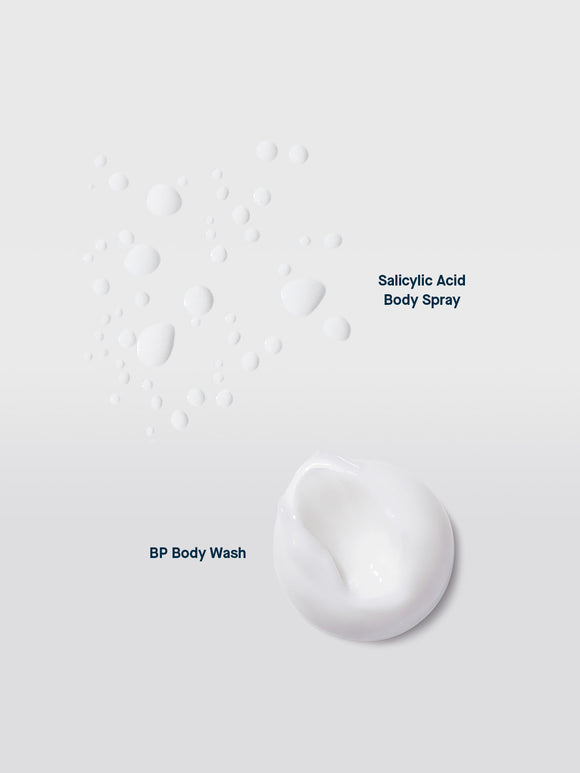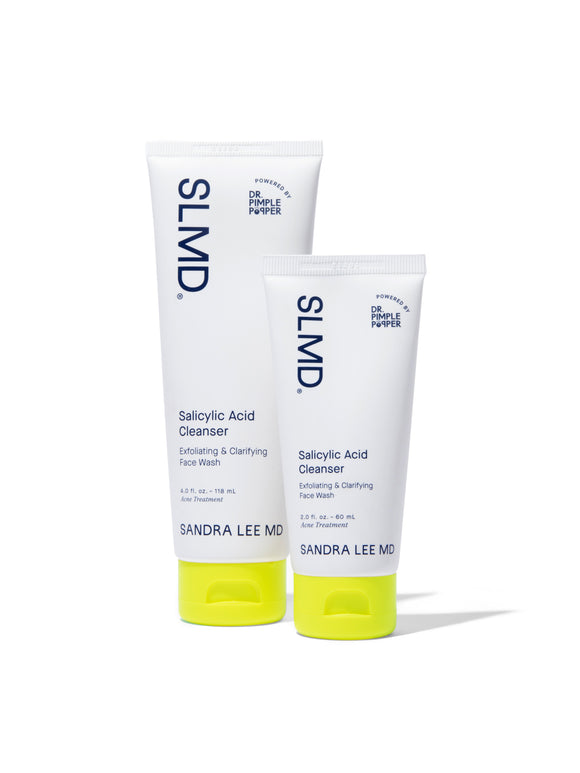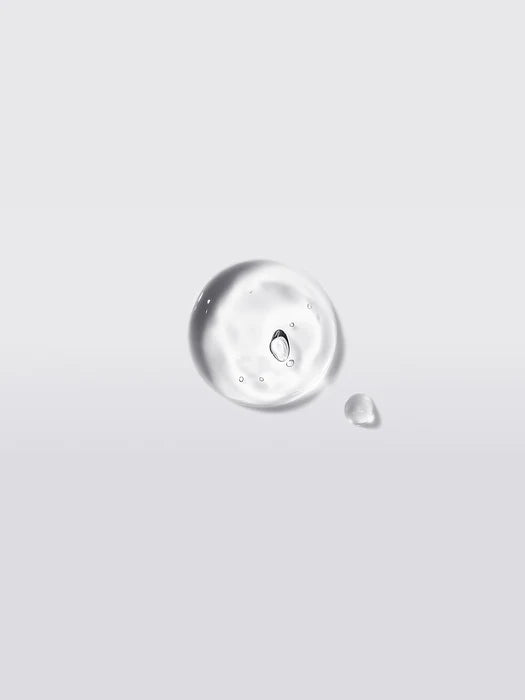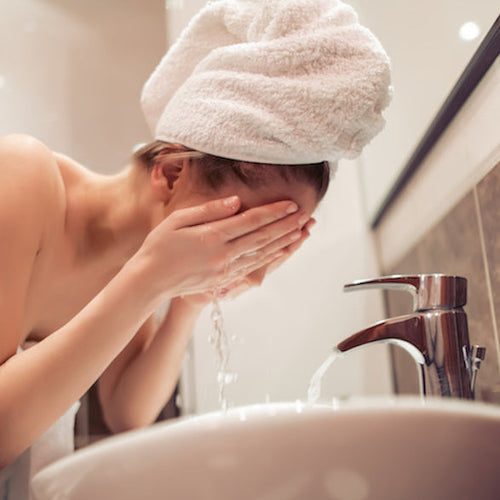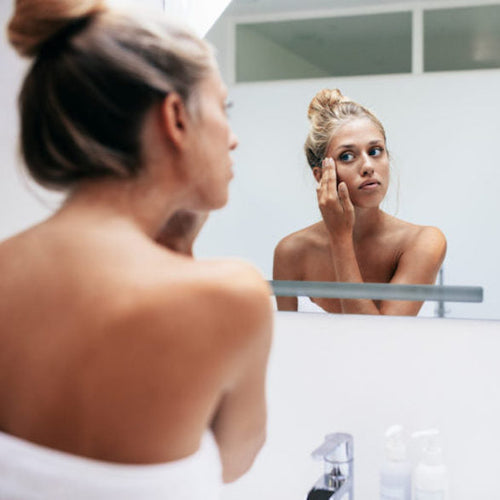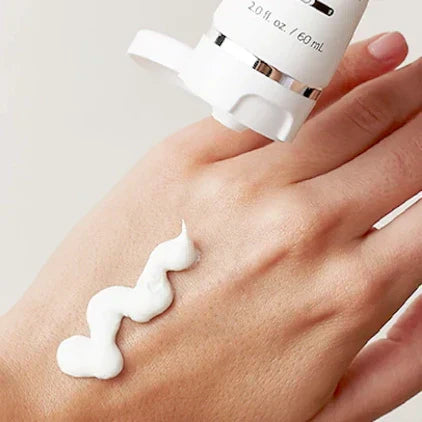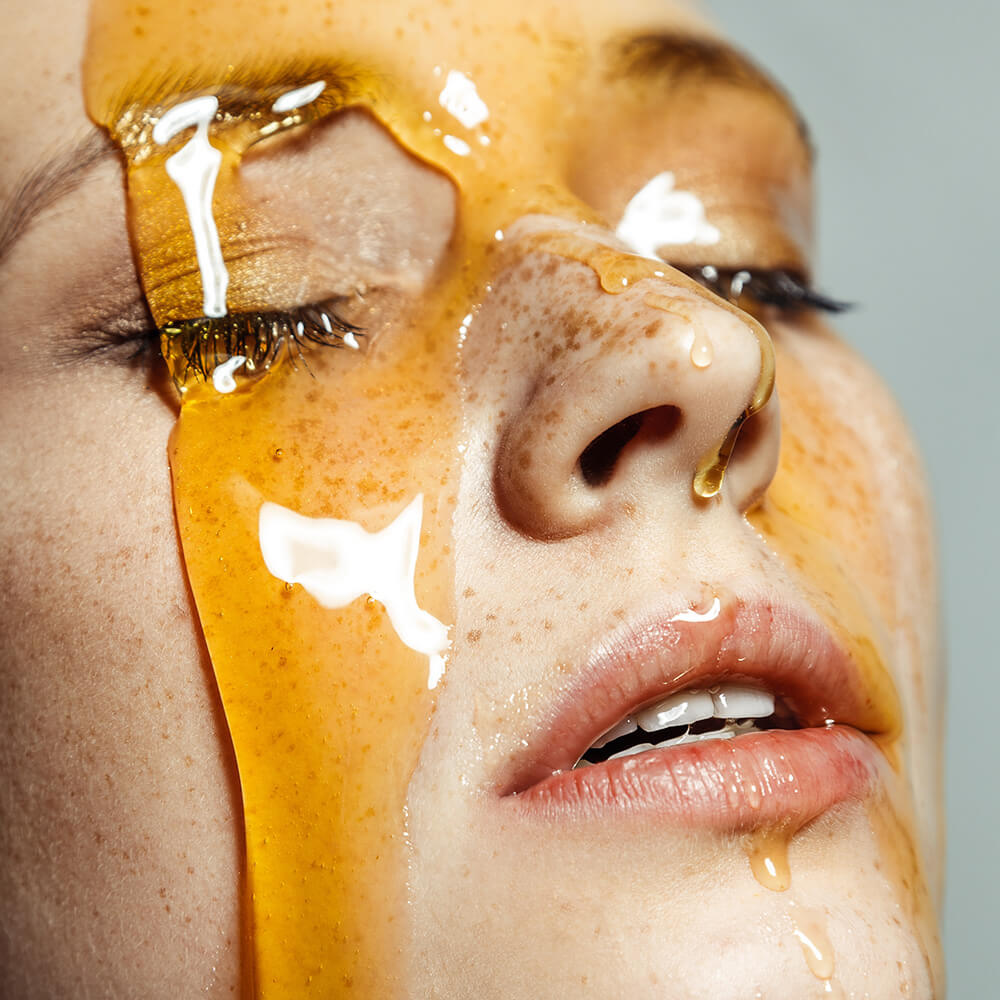
The Truth About “Clean Beauty”: What Dermatologists Want You to Know
Dr. Pimple Popper weighs in on whether it's really healthier — or just hype.
Published:
4 minute read
“Clean beauty” has become a fixture in skincare marketing. You’ll find it everywhere, from TikTok to skincare shelves, alongside buzzwords like natural, green, and non-toxic. These claims promise purity and safety, but what do they actually mean?
The truth is, there’s no legal definition for “clean beauty.” That leaves consumers guessing and marketers free to decide what counts.
That’s why Sandra Lee, MD (aka Dr. Pimple Popper) is setting the record straight. Here’s how dermatologists think about what’s actually clean, what’s just hype, and how to make smarter skincare choices.
Fast facts: clean beauty
- There’s no FDA definition or standard for what makes a product “clean”
- New laws are increasing safety oversight in cosmetics
- "Natural" doesn’t always mean safe
- Dermatologists focus on efficacy and tolerability, not trends
What “clean beauty” really means and why it’s so confusing
In U.S. skincare marketing, terms like “clean” and “natural” sound responsible, but since the FDA doesn’t define or regulate them, brands can use those words however they choose. Even under the new Modernization of Cosmetics Regulation Act (MoCRA) — the first major update to U.S. cosmetic law in more than eighty years — brands are only required to document product safety and report serious adverse events. The law stops short of defining “clean,” leaving plenty of room for marketing spin.
Meanwhile, products that treat conditions like acne or eczema are held to stricter standards. They carry a Drug Facts label because they’re considered over-the-counter drugs, which means they must use FDA-approved ingredients and follow testing and labeling requirements.
Why this matters: “Clean” can mean anything from “free of certain ingredients” to “eco-friendly packaging.” A Drug Facts label, on the other hand, signals proven actives and real oversight. That’s why dermatologists like Dr. Lee recommend formulas backed by data and regulation — not marketing terms.
Everything is a chemical: the dose makes the difference
The list of trendy adjectives on skincare labels continues to grow: organic, natural, clean, non-synthetic, non-toxic, green, sustainable, cruelty-free, carbon-neutral…and more. These words look impressive, but there’s not necessarily any meaning behind them.
“Chemical-free” skincare doesn’t exist; water, vitamin C, and oxygen are all chemicals. “When people say they want chemical-free skincare, what they really mean is safe skincare,” says Dr. Lee. “Every ingredient — natural or synthetic — is a chemical. What matters is how it’s used and tested.”
Dermatologists rely on formulas that deliver proven ingredients at the right concentration and pH, with stabilizers that keep actives effective and skin calm. In many cases, synthetic components make products safer and more consistent, helping prevent contamination and irritation.
Instead of avoiding “chemicals,” Dr. Lee recommends looking for transparency, complete ingredient lists, and products developed with dermatologists.
Dr. Pimple Popper's Science-Backed Favorites
When “natural” isn’t always better
Nature provides inspiration, but not every natural ingredient belongs on your skin. Essential oils like lavender, tea tree, and citrus are common causes of irritation and allergic reactions. Botox).
Many modern “miracle” treatments are derived from natural sources and refined in a lab. Sometimes scientists take a substance that’s harmful (even deadly) and turn it into something that can be positively life-changing: Botox is a perfect example.
Many dermatologist-loved skincare ingredients followed a similar path:
- Salicylic acid: originally derived from willow bark, then refined and standardized to deliver consistent results.
- Kojic acid: produced during rice fermentation, then purified and stabilized for reliability.
“Natural ingredients have their place,” says Dr. Lee, “but in dermatology we care about results and tolerability. A formula that works and feels good on real skin is what counts.”
Try: SLMD Salicylic Acid Cleanser, a dermatologist-developed face wash that unclogs pores without stripping skin.
What dermatologists look for instead of "clean"
Dermatologists don’t evaluate products by marketing language. They focus on the evidence behind a formula and how skin tolerates it over time. In practice, that means:
- Efficacy: ingredients proven to address a specific concern
- Tolerability: formulas gentle enough for consistent use
- Transparency: clear labeling, with Drug Facts when applicable
Dr. Pimple Popper tip: "When you’re choosing skincare, skip buzzwords. Look for products that work and that your skin can tolerate."
Try: SLMD Acne System, a dermatologist-developed regimen with FDA-approved ingredients that treat acne safely and effectively.
The future of “clean”: science meets accountability
Behind the “clean beauty” buzz, real change is underway in how cosmetics are regulated.
- MoCRA requires manufacturers to maintain safety records and report adverse events.
- California’s Toxic-Free Cosmetics Act is pushing brands toward safer, more transparent formulations.
- The FTC Green Guides are being updated to tighten rules on environmental claims.
These changes reward brands that already prioritize science and safety. Products developed under dermatologist supervision already meet standards most “clean” labels can’t match.
Clean beauty FAQs
Q: Is “clean beauty” safer for sensitive skin?
A: “Clean beauty” is not necessarily safer for sensitive skin. Many “clean” or “natural” products include essential oils and plant extracts that can cause irritation or contact dermatitis. Dermatologist-developed products focus on safety testing and tolerance, not labels.
Q: Do dermatologists recommend clean skincare brands?
A: Dermatologists recommend products that are effective, well-tested, and backed by science, regardless of marketing language. The key is evidence and safety data.
Q: What ingredients should I actually avoid?
A: You should avoid products with undisclosed fragrance blends or heavy essential oils. For acne-prone or sensitive skin, look for non-comedogenic, dermatologist-tested formulas with transparent labeling.
Q: How can I tell if a product is regulated by the FDA?
A: Look for a Drug Facts panel. This means the product uses FDA-approved active ingredients and must meet strict standards for safety and efficacy.

Dr. Lee's Last Word
As a dermatologist, my focus is on delivering results for my patients. The skincare I recommend doesn’t follow trends — I stick with proven ingredients and effective formulas.







